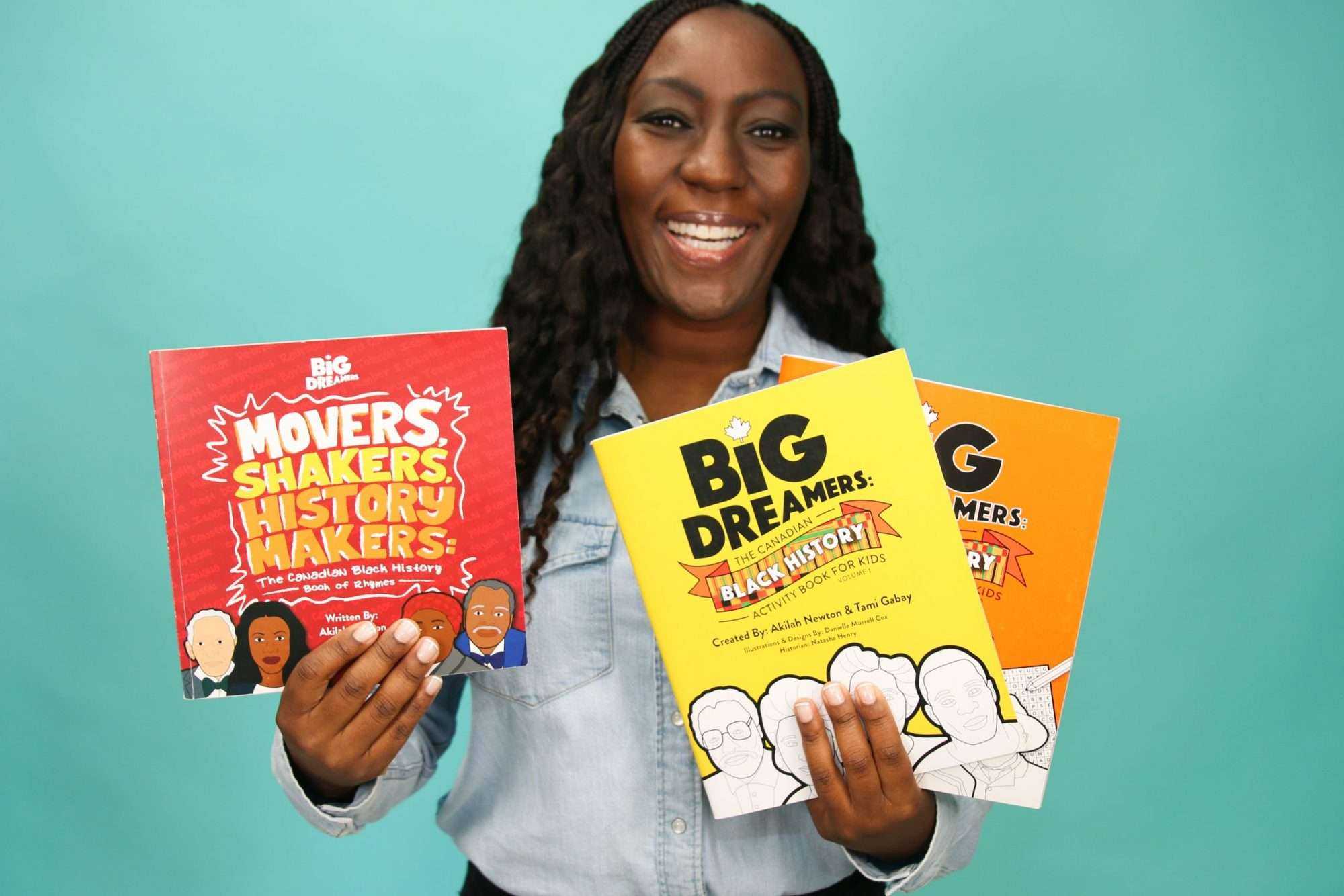on
BY SIMONE J. SMITH
When we think about Black History Month, we open ourselves to the idea that it is a time of year when it’s okay to remind people about racism, to talk about Malcom X, Martin Luther King, or the Black Panthers. Like Christmas, it’s a time of year when people are called out to show off their finest in moral fibre, and to honour the great achievements of our ancestors, both passed and still with us. You see, that is exactly the problem with Black History Month: its tokenism.
When you consider that February is the only time of year when we can talk about racism, about the diverse and varying histories of Black people, it is no surprise that some people want alternative schools where these things can be talked about openly, and all the time. What is the point of each year, taking one month to educate our oppressors about our history, our culture, our people, if they can just forget for the rest of the year? For the rest of the year, our Black men continue to be over-represented in our prisons, they continue to get shot on the streets, and our children continue to be disadvantaged, especially when it comes to their education.
I have always felt and thought that just by identifying a Black History Month, we are declaring that people can get away with ignoring Black history, racism and the plight of African people living in the diaspora, and other marginalized communities for the rest of the year. It was why I was so happy to meet Akilah Newton, founder of Big Dreamers. Big Dreamers (https://bigdreamers.ca/) is a division of Akilah Newton Projects Inc. that focuses on producing literature, games and arts activities and supplies that celebrate multiculturalism and individuality through the lens of diversity. Big Dreamers value the contributions, accomplishments and sacrifices made by people who have blazed a trail and paved a path for future generations to dream big!
Akilah Newton is an activist, entrepreneur and author. She has always had a fascination with the arts and pursued her passion by studying music, drama and dance, and performing in productions at John Abbott College and as a member of the Montreal Jubilation Gospel Choir.
In 2003, she moved to the UK to attend university at the Liverpool Institute for Performing Arts. After earning a bachelor’s degree in Arts, Music & Entertainment Management, she returned to Montreal and created an organization for artistically inclined youth. She founded Overture with the Arts (OWTA) in 2009, an organization committed to making performing arts education accessible to youth from all walks of life. She recognized that the arts have the power to unite communities and made it her mission to produce OWTA programs and events that spark discussion about social change. One of OWTA’s most popular programs is their annual Black History Month school tour. The tour visits schools across Canada and educates youth about Canadian Black history using music and spoken word.
I had an opportunity to speak with Akilah, and she shared with me her big dreams.
“It began when I was a young girl; I have to admit that I am a child of the 80’s, and one thing I remember is that I always had books about African Caribbean people, but for some reason, these books were not in school.”
In 1995, Black History Month was announced in Canada, and in1996 Akilah’s mom asked what they were doing for Black History Month? Akilah’s reply,
“Nothing! We were doing nothing for Black History Month, and 20 years later, my niece and nephew are in school, and I asked the same question. Unfortunately, Simone, the answer was the exact same: Nothing!
This is why I brought Overture with the Arts (OWTA) to life. It was frustrating for me to see a repeat of what I experienced in school over 20 years ago. Then I took it a step further and said, wait a second; I have a wealth of knowledge, why don’t I write a children’s book on Canadian Black History?”
In 2018, Akilah co-wrote and self-published the children’s book Big Dreamers: The Canadian Black History Activity Book for Kids Volume 1. The book highlights the achievements of Black Canadians whose stories are often left untold. Since 2018, Big Dreamers has sold over 6,000 copies. Due to the popularity of the book, in November 2020, Akilah co-wrote and self-published Big Dreamers: The Canadian Black History Activity Book for Kids Volume 2, which has sold over 3,500 copies.
“This experience has flowed for me,” Akilah shares. I self-published the first Big Dreamers book, and it was on shelves at Indigo by the fall of 2018. I really appreciate them for supporting me the way they did. The book did so well that it was accepted at other Indigo’s across the city.
Due to the popularity of the first book, teachers started to reach out to me. They asked me what else I had.” Akilah laughs, “I was like, nothing! I realized right away that I had to come up with something, so Big Dreamers Volume II was born. It has snowballed into something beautiful. Libraries wanted to have it, but they knew that kids would colour in it because it was an activity book, so I decided to write a fully illustrated book.”
The book highlights great African Caribbean women like Jean Augustine, a trailblazing politician and social activist: elected the first Black female Member of Parliament (1993), appointed the first Black woman in Cabinet (2002), and named first Fairness Commissioner by the Government of Ontario (2007). Her legacy includes the federal declaration of February as Black History Month, a motion she introduced in 1995.
Akilah also shared the respect she has for Gloria Baylis who was a Barbadian-Canadian civil rights activist, registered nurse and entrepreneur. She won the first-ever case of employment-related racial discrimination in Canada, and later founded the Baylis Medical Company, which was ranked in 2018 as one of Canada’s best-managed companies
“These women came before us, have inspired me to move forward, and I also want to thank my parents and my siblings, and family for standing behind my dream. It is important for me to be part of creating a safe temporal space for education and discussion, and once a year is not enough. We have to ensure that issues regarding racism, diversity, power and oppression, and the great works of our ancestors are on the table for educators all year round.”
Stay in the loop with exclusive news, stories, and insights—delivered straight to your inbox. No fluff, just real content that matters. Sign up today!
We, as humans are guaranteed certain things in life: stressors, taxes, bills and death are the first thoughts that pop to mind. It is not uncommon that many people find a hard time dealing with these daily life stressors, and at times will find themselves losing control over their lives. Simone Jennifer Smith’s great passion is using the gifts that have been given to her, to help educate her clients on how to live meaningful lives. The Hear to Help Team consists of powerfully motivated individuals, who like Simone, see that there is a need in this world; a need for real connection. As the founder and Director of Hear 2 Help, Simone leads a team that goes out into the community day to day, servicing families with their educational, legal and mental health needs.Her dedication shows in her Toronto Caribbean newspaper articles, and in her role as a host on the TCN TV Network.













